Olympus8MP
TPF Noob!
- Joined
- Jan 24, 2007
- Messages
- 416
- Reaction score
- 0
- Location
- Youngstown, OH
- Website
- thecodesource.solarbotics.net
- Can others edit my Photos
- Photos OK to edit
I just bought a circular polarizing filter, and realized one major pain... If your using a lens hood, you have to take it off to adjust the polarization. This is really bad on my telephoto, as the lens face turns as it focuses  Anyone else have this problem? Or do I even need a lens hood with the CPF?
Anyone else have this problem? Or do I even need a lens hood with the CPF?
It does make the outdoor pictures look very nice though :thumbup:
It does make the outdoor pictures look very nice though :thumbup:



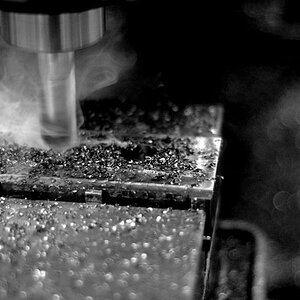
![[No title]](/data/xfmg/thumbnail/32/32930-09414fc020c2a60a456ff59a05c5ef8f.jpg?1619735759)
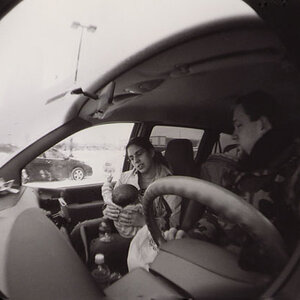

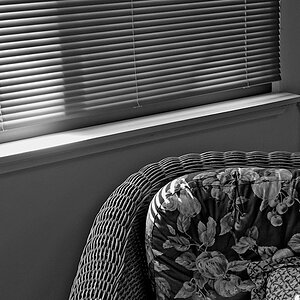
![[No title]](/data/xfmg/thumbnail/38/38725-bdf734721ecaad862bb3e3a856c81df5.jpg?1619738702)


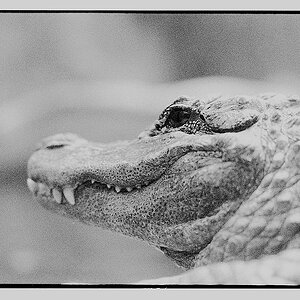
![[No title]](/data/xfmg/thumbnail/36/36301-27972c0474532c2ef657014362950733.jpg?1619737495)
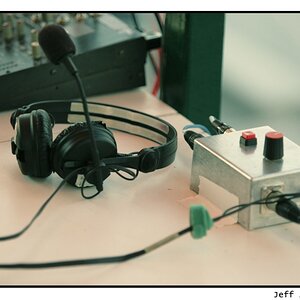
![[No title]](/data/xfmg/thumbnail/36/36302-6ee4929dfdf80290ffd73704693e860f.jpg?1619737496)